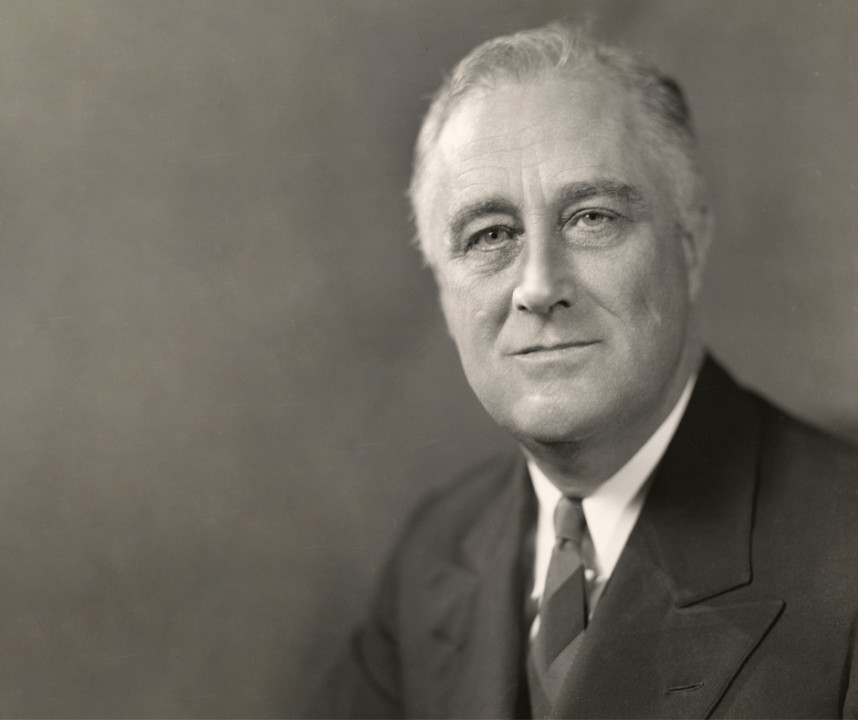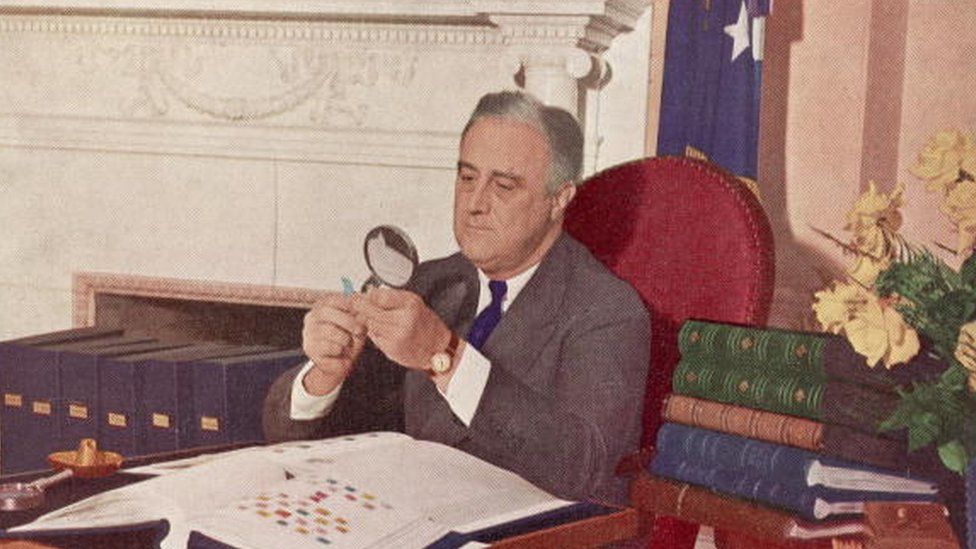Longest Serving President: A Comprehensive Overview
The longest serving president in history has captured the attention of many around the globe, showcasing the impact of leadership and governance over time. Understanding who holds this title and the factors contributing to their lengthy tenure is essential for comprehending modern political dynamics. In this article, we will explore the details surrounding the longest serving president, including their policies, achievements, and the implications of extended leadership.
Throughout history, various leaders have served extended terms, but only a select few have remained in power for decades. These figures often leave a lasting legacy, influencing not just their own countries but also international relations. Our exploration will delve into the political, social, and economic contexts that have allowed these leaders to maintain their positions, as well as the challenges they faced along the way.
We will also analyze the implications of long-term leadership on democratic processes and governance, discussing both the positive and negative aspects associated with extended presidential terms. By the end of this article, you will have a clearer understanding of what it means to be the longest serving president and the significant ramifications of such a presidency.
- Jon Heders Mustsee Movies To Enhance Your Entertainment Horizon
- Alec Bohms Siblings Family Ties In Baseball
Table of Contents
- Biography of the Longest Serving President
- Personal Data and Biodata
- Historical Context of Long Presidential Terms
- Impact of Long-Term Leadership
- Political Dynamics of Extended Tenures
- Challenges Faced by Long-Serving Leaders
- Global Perspective on Long-Term Leadership
- Conclusion
Biography of the Longest Serving President
The title of the longest serving president is often attributed to Fidel Castro of Cuba, who led the country for nearly 50 years. Castro came to power in 1959 and remained in office until his retirement in 2008. His leadership was marked by significant political and social reforms, as well as considerable controversy.
Key Achievements
- Establishment of a one-party socialist state
- Implementation of universal healthcare and education
- Promotion of literacy and cultural development
Controversial Policies
- Suppression of political dissent
- Nationalization of industries
- Economic hardships faced by citizens
Personal Data and Biodata
| Name | Fidel Castro |
|---|---|
| Date of Birth | August 13, 1926 |
| Date of Death | November 25, 2016 |
| Political Party | Communist Party of Cuba |
| Period in Office | 1959 - 2008 |
Historical Context of Long Presidential Terms
The historical context surrounding long presidential terms can vary significantly from one leader to another. Factors such as political stability, economic conditions, and social movements play crucial roles in either facilitating or hindering such extended leadership.
Case Studies of Other Long-Serving Leaders
- Muammar Gaddafi (Libya) - 1969 to 2011
- Omar Bongo (Gabon) - 1967 to 2009
- Paul Biya (Cameroon) - 1982 to present
Geopolitical Factors
Geopolitical factors, including foreign intervention and international relations, can also influence the longevity of a president's rule. Leaders who maintain strong alliances may find it easier to remain in power.
- Alice Coopers Children An Indepth Look At Their Lives And Legacy
- 2024 The Future Of Jennifer Hudsons Marriage
Impact of Long-Term Leadership
Long-term leadership can have profound effects on a nation, both positive and negative. On one hand, stability can lead to sustained economic growth and social progress; on the other hand, it may result in authoritarianism and diminished democratic practices.
Positive Outcomes
- Consistency in policy implementation
- Long-term vision for national development
- Stability in governance
Negative Outcomes
- Corruption and abuse of power
- Suppression of opposition and free speech
- Economic mismanagement
Political Dynamics of Extended Tenures
Political dynamics play a critical role in how long a president can remain in power. Factors such as electoral processes, public support, and institutional checks and balances can significantly influence a leader's tenure.
Electoral Processes and Reforms
In some cases, leaders manipulate electoral processes to extend their terms, undermining democratic institutions. Reforms aimed at enhancing electoral integrity can help curtail such practices.
Public Support and Opposition
Public sentiment can be a double-edged sword. While strong support can bolster a leader's position, widespread discontent can lead to protests and calls for resignation.
Challenges Faced by Long-Serving Leaders
Long-serving leaders often face unique challenges, including the need to adapt to changing societal norms and expectations. Failure to do so can result in a significant loss of public support.
Adapting to Change
Leaders must be willing to evolve their policies and approaches to governance to meet the needs of their citizens. Inflexibility can lead to stagnation and unrest.
Health and Succession Planning
Health issues can pose challenges for long-serving leaders, as seen in the case of Fidel Castro. Succession planning becomes crucial to ensure stability during transitions of power.
Global Perspective on Long-Term Leadership
The phenomenon of long-term leadership is not confined to any one country or political system. It is a global issue that raises questions about governance, democracy, and human rights.
Comparative Analysis
Examining various political systems can provide insights into how different cultures and societies view extended leadership. Some nations embrace it, while others vehemently oppose it.
The Role of International Community
The international community often plays a role in either supporting or opposing long-term leaders, depending on geopolitical interests and human rights considerations.
Conclusion
In conclusion, the longest serving president serves as a fascinating case study in leadership, governance, and the complexities of political power. The implications of long-term leadership are far-reaching, affecting not only the nation in question but also the international landscape. As we reflect on the lessons learned from such leaders, it is essential to consider the importance of democratic values and the role of citizens in shaping their governance.
We encourage you to share your thoughts on this topic in the comments below and explore more articles on leadership and governance on our website. Your engagement helps us grow and provide more valuable content!
Thank you for taking the time to read this comprehensive overview. We hope to see you back on our site for more insightful articles in the future!
- Hermiones Sixth Year At Hogwarts A Comprehensive Schedule
- The Enormous Wealth Of Davido Unveiling The Nigerian Singers Net Worth

Franklin D. Roosevelt LongestServing U.S. President Despite Polio

Who was secondlongest serving US president? BBC News

World’s longestserving president gets sixth term FRCN HQ